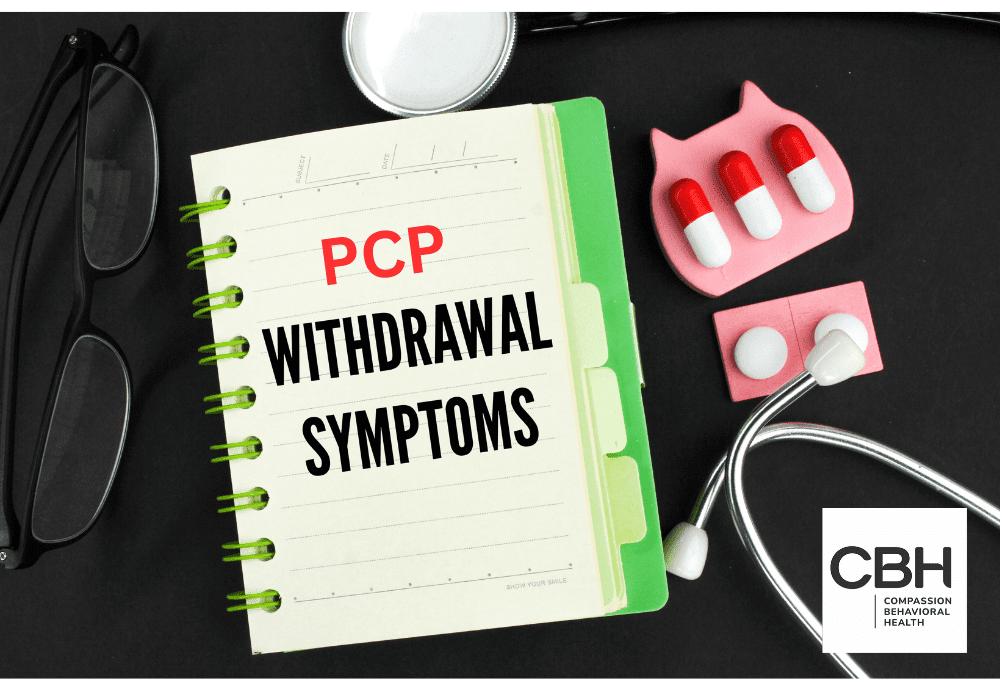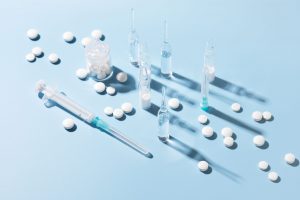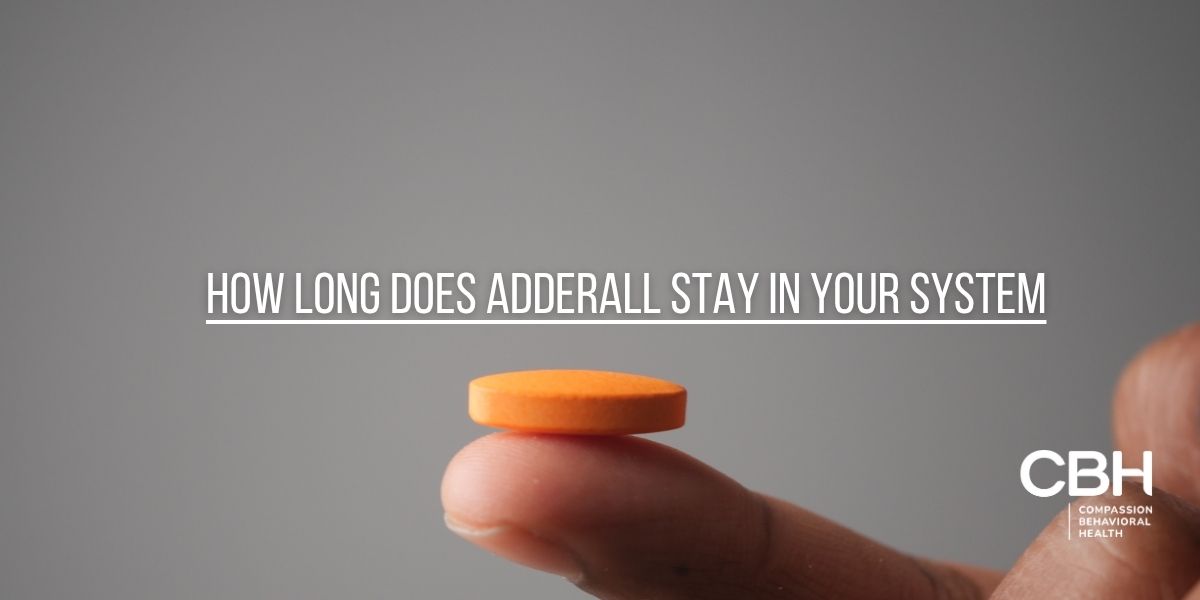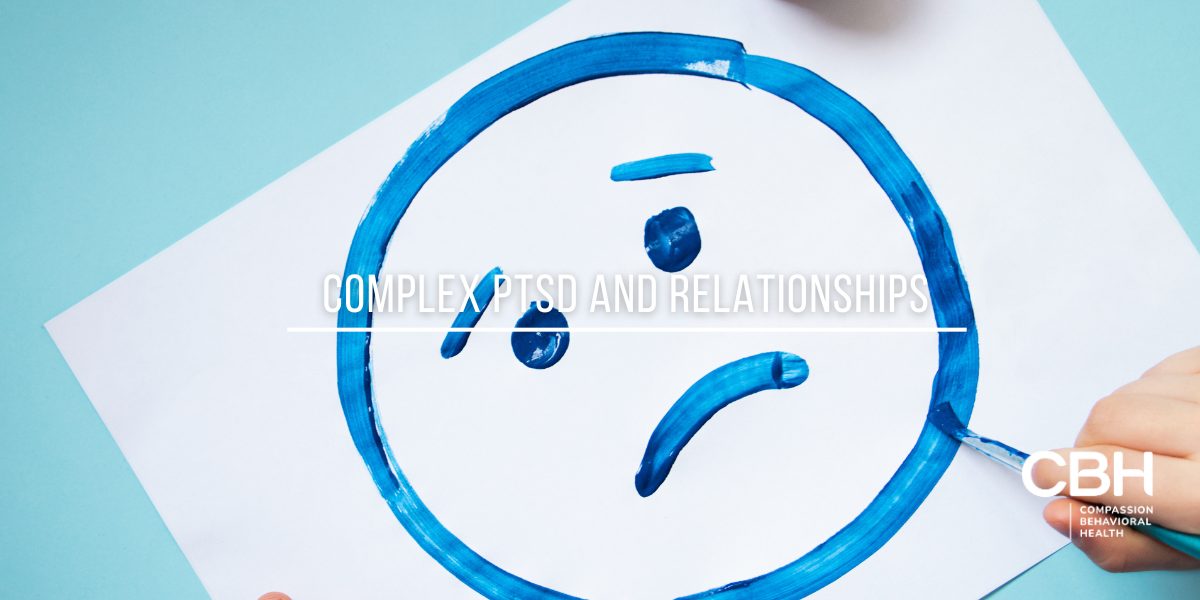PCP, which stands for phencyclidine, is a powerful dissociative drug that was originally developed as an anesthetic in the 1950s. However, due to its strong hallucinogenic effects and the potential for severe side effects, it was later discontinued for use in humans. Despite being illegal in most countries, PCP is still abused for its mind-altering properties.
What is PCP?
PCP, commonly known as “angel dust,” is a white crystalline powder that is often mixed with other substances to create capsules, tablets, or colored powders. It can be ingested orally, smoked, snorted, or injected, with each method producing different effects and risks.
In lower doses, PCP can cause feelings of euphoria, confusion, and a distorted sense of time. Higher doses, however, can lead to severe disorientation, paranoia, and even violent behavior.
The Effects of PCP on the Brain
PCP works by blocking the action of a neurotransmitter called glutamate in the brain. Glutamate is involved in various brain functions, including cognition, emotion, and perception. By interfering with the normal functioning of glutamate, PCP disrupts the communication between brain cells.
When PCP enters the brain, it binds to a specific type of glutamate receptor called the NMDA receptor. By blocking these receptors, PCP prevents the normal transmission of glutamate signals. This disruption in brain chemistry is responsible for the drug’s hallucinogenic effects.
Research on the long-term effects of PCP on the brain is still ongoing. However, studies suggest that chronic use of PCP can lead to significant cognitive impairments. Memory problems, difficulties with attention and concentration, and reduced problem-solving abilities have been observed in individuals who have used PCP for an extended period.
In addition to cognitive impairments, chronic PCP use has also been linked to mood disorders. Depression, anxiety, and even psychosis have been reported in individuals who have used PCP regularly.
It is important to note that PCP is a highly potent drug with significant risks. Its use can have serious consequences for both physical and mental health.
If you or someone you know is struggling with PCP addiction or its effects, seeking professional help is crucial for recovery and well-being.
Recognizing PCP Withdrawal Symptoms
People who have been using PCP regularly and abruptly stop or significantly reduce their dosage may experience withdrawal symptoms. These symptoms can vary in severity and duration depending on the individual and the extent of their PCP use.
PCP, also known as phencyclidine, is a powerful hallucinogenic drug that affects the central nervous system. It was originally developed as an anesthetic but was later discontinued due to its severe side effects. Despite its illegal status, PCP continues to be abused for its mind-altering effects.
Physical Symptoms of PCP Withdrawal
Physical withdrawal symptoms from PCP can include muscle aches, tremors, sweating, and increased heart rate. Some individuals may also experience gastrointestinal disturbances, such as nausea, vomiting, and diarrhea.
These physical symptoms can be distressing and may contribute to the overall discomfort experienced during PCP withdrawal. The muscle aches can make it difficult to engage in daily activities, while the increased heart rate can lead to feelings of restlessness and anxiety.
It is important to note that PCP withdrawal symptoms can be physically uncomfortable and may require medical intervention to manage them effectively. Healthcare professionals may prescribe medications to alleviate the symptoms and provide support during the withdrawal process.
Psychological Symptoms of PCP Withdrawal
Psychological withdrawal symptoms from PCP are often more pronounced than physical symptoms. Individuals may experience intense cravings, depression, anxiety, and irritability. They may also have difficulty concentrating and may exhibit erratic behavior.
The psychological symptoms of PCP withdrawal can be overwhelming and may significantly impact an individual’s daily functioning. The intense cravings for PCP can lead to a constant preoccupation with obtaining and using the drug, making it challenging to focus on other aspects of life. The depression and anxiety can contribute to a sense of hopelessness and despair, further exacerbating the overall emotional distress.
These psychological symptoms can be challenging to manage alone and may require professional support to address them effectively. Mental health professionals, such as therapists or counselors, can provide therapy and guidance to individuals going through PCP withdrawal. They can help individuals develop coping strategies, address underlying emotional issues, and provide a supportive environment for recovery.
PCP withdrawal symptoms encompass both physical and psychological manifestations. The physical symptoms can range from muscle aches to gastrointestinal disturbances, while the psychological symptoms can include intense cravings, depression, anxiety, and difficulty concentrating. It is crucial for individuals experiencing PCP withdrawal to seek medical and professional support to effectively manage these symptoms and embark on a path to recovery.
The Timeline of PCP Withdrawal
PCP withdrawal symptoms typically begin within a few hours to a few days after the last use and can last for several weeks. The intensity and duration of the withdrawal process can vary depending on various factors, including the individual’s PCP use history and overall physical and mental health.
Early Stage Withdrawal Symptoms
In the early stages of PCP withdrawal, individuals may experience intense cravings and may feel irritable and anxious. They may also have difficulty sleeping, which can further exacerbate their psychological symptoms.
During this stage, it is crucial for individuals to seek medical attention and consider entering a structured PCP addiction treatment program to receive appropriate support and care.
Late Stage Withdrawal Symptoms
As the withdrawal process progresses, individuals may experience ongoing psychological symptoms, such as depression and mood swings. They may also continue to face challenges with sleeping and may have recurring cravings for PCP.
During the later stages of withdrawal, it is essential to continue participating in therapy and counseling to address any underlying psychological issues and develop healthy coping mechanisms.
The Dangers of PCP Withdrawal
PCP withdrawal can be a challenging and potentially dangerous process. Due to the intense psychological symptoms and the risk of self-harm or harm to others, individuals withdrawing from PCP should seek professional help and avoid attempting to quit cold turkey.
Potential Health Risks
Without proper medical supervision, PCP withdrawal can lead to serious health complications. Severe psychological symptoms, such as psychosis, can arise during the withdrawal process, putting individuals at risk of self-harm or suicidal ideation.
Additionally, some individuals may experience cardiovascular effects, such as high blood pressure or irregular heartbeat, during withdrawal. These physical symptoms should be closely monitored by healthcare professionals.
The Importance of Medical Supervision
Seeking medical supervision during PCP withdrawal is crucial to ensure the individual’s safety and well-being. Professionals can provide appropriate medications to manage withdrawal symptoms and monitor any potential complications.
Medical supervision also allows for a comprehensive assessment of the individual’s physical and mental health, helping to develop a personalized recovery treatment plan that addresses their specific needs.
Treatment Options for PCP Withdrawal
Overcoming PCP withdrawal requires a comprehensive treatment approach that addresses both the physical and psychological aspects of addiction. Treatment options may include detoxification, therapy, counseling, and medication-assisted treatment.
Detoxification Process
Detoxification, or detox, is typically the first step in the treatment of PCP withdrawal. It involves the elimination of PCP from the individual’s system under medical supervision. During detox, healthcare professionals may provide medications to manage withdrawal symptoms and ensure the individual’s comfort and safety.
Therapy and Counseling
Therapy and counseling play a critical role in long-term recovery from PCP addiction. Individual therapy sessions can help individuals address underlying psychological issues and develop healthier coping strategies. Group therapy provides a supportive environment where individuals can share their experiences and learn from others facing similar challenges.
Medication-Assisted Treatment
Medication-assisted treatment (MAT) is an approach that combines medications with therapy and counseling to treat PCP addiction. Certain medications, such as antidepressants or anti-anxiety medications, may be prescribed to manage the psychological symptoms of withdrawal and reduce the risk of relapse.
Understanding PCP withdrawal symptoms is crucial for individuals struggling with PCP addiction and their loved ones. Recognizing the signs of withdrawal, seeking appropriate medical supervision, and participating in comprehensive treatment can help individuals on their journey to recovery.
Get Help for PCP Addiction
Compassion Behavioral Health stands as a beacon of support, offering essential resources and PCP treatment to those committed to breaking free from the grip of PCP addiction. For more information about our effective PCP treatment program, call us or contact us online today.
Related Articles: 5 Signs You May Be Experiencing Suboxone Withdrawal









